Celebrate First Nations storytelling with the Queensland Literary Awards
By BValentino | 27 June 2024
The Queensland Literary Awards serve as a platform for a diverse array of voices and narratives, including the vital and resonant stories woven by First Nations storytellers. From the raw, witty, insightful exploration of family dynamics in Melissa Lucashenko's Too Much Lip to Claire G. Coleman's gripping insight into Australia's colonial history in Lies, Damned Lies, these works stand as monuments to the enduring power of Indigenous storytelling.
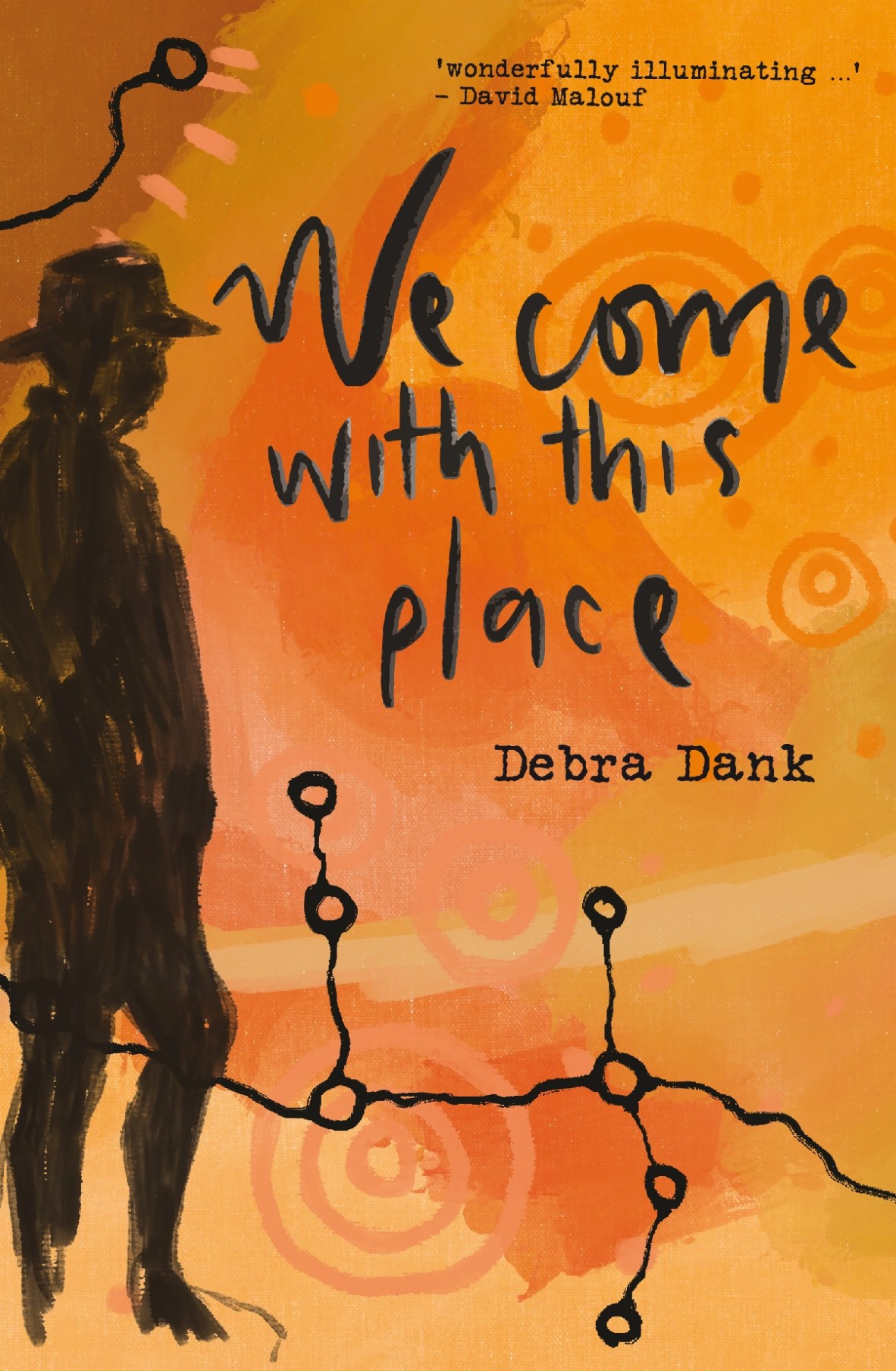
We Come with This Place by Debra Dank (Echo Publishing) – 2023 Winner, The University of Queensland Non-Fiction Book Award
We Come with This Place is a captivating narrative by Debra Dank. Through a series of vivid episodes that traverse time and place, Dank weaves together a poignant tale of Country and its people.
The book delves into the complexities of Australian society, addressing themes of injustice, racism, and violence, while also celebrating the resilience and strength of Indigenous families.
With honesty and insight, Dank navigates a range of human emotions, from pain and anger to love and humour. Readers can vividly experience the sights, sounds, and smells of Country.
At its core, We Come with This Place is an evocative and deeply personal tribute to Dank's own family and the Gudanji Country they call home. However, it also serves as a broader reflection on the past, present, and future of Australia, envisioning a society where land and people coexist in harmony.
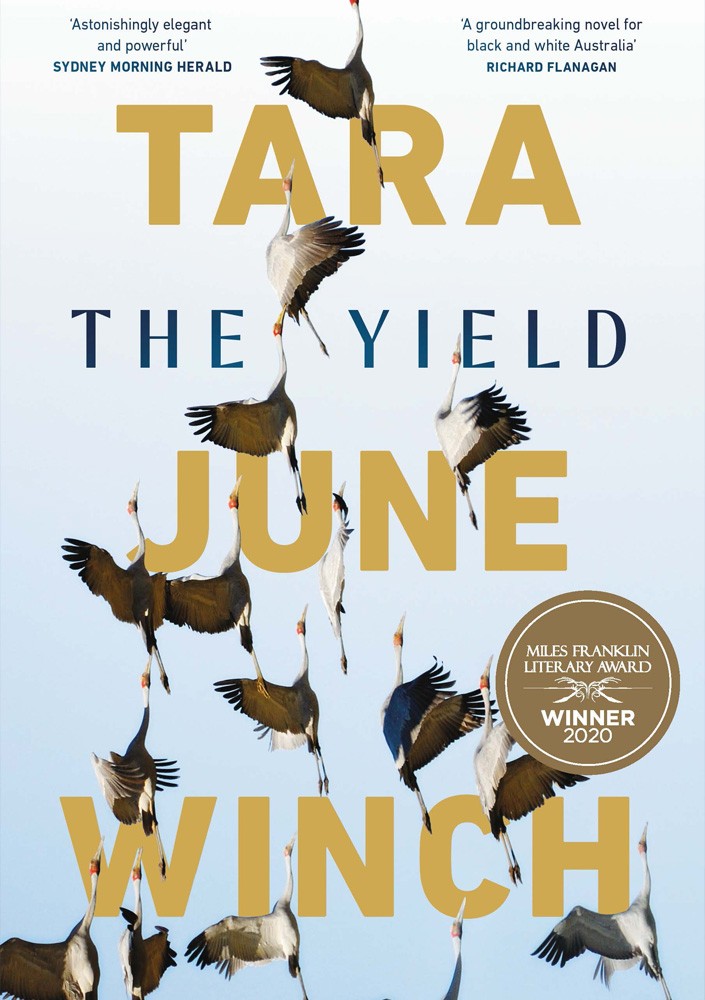
The Yield by Tara June Winch (Penguin Random House) – 2020 Finalist, The University of Queensland Fiction Book Award
The Yield won the 2020 Miles Franklin Award, and is a profound and exquisitely written novel that delves into themes of loss, identity, and reclaiming Indigenous culture. Albert 'Poppy' Goondiwindi, knowing his time is short, documents the language and memories of his people on the banks of the Murrumby River. His granddaughter, August Goondiwindi, returns home upon his death, facing grief and the impending repossession of their land by a mining company. Determined to save her heritage, August embarks on a journey into the past, guided by her grandfather’s voice and the secrets of the river. Tara June Winch crafts a deeply moving narrative that celebrates First Nation languages, storytelling, and resilience amid dispossession.
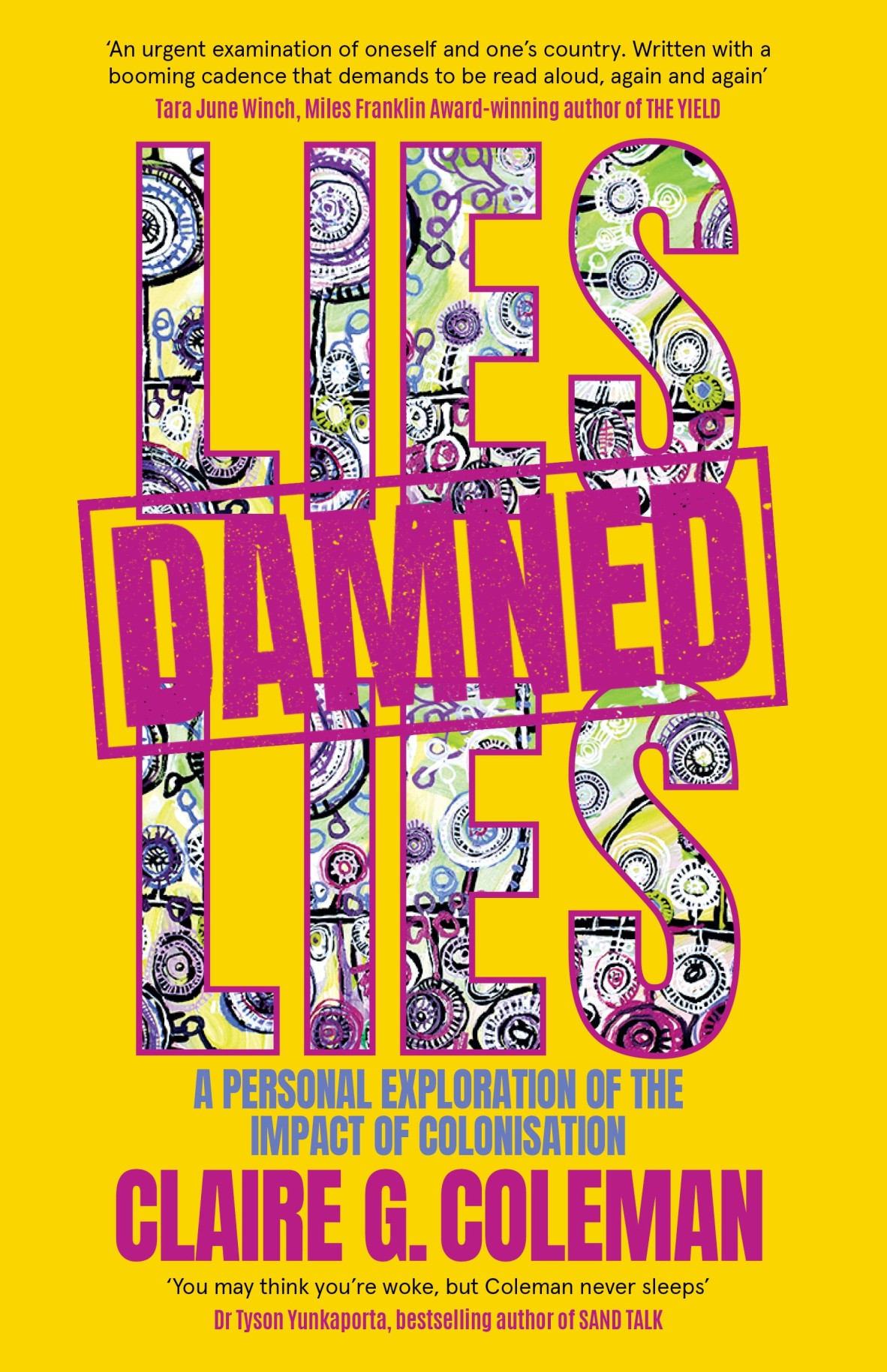
Lies, Damned Lies by Claire G. Coleman (Ultimo Press) – 2022 Winner, The University of Queensland Non-Fiction Book Award
Lies, Damned Lies by Claire G. Coleman is a deeply personal and poignant examination of Australia's colonial history and its enduring impact, woven with the author’s own lived experiences. Coleman, a proud Noongar woman and one of Australia’s foremost contemporary writers, delivers a powerful narrative that blends personal reflections with political insights, laying bare the profound and ongoing trauma of colonisation.
Coleman confronts the brutal realities of Australia’s past and present, reinforcing the notion that colonisation is an ongoing process rather than a historical event. Her narrative, which delves ‘closer to the bone’, offers an unflinching portrayal of the lasting scars inflicted by colonisation, not just on the land, but on its people. Through her vivid and evocative prose, she reveals the painful truths of the continued struggle for justice and recognition.
The book is masterfully written, with raw honesty. Coleman's compelling voice draws readers into a journey that is as educational as it is moving, making Lies, Damned Lies an essential read to understand the full scope of Australia’s colonial legacy.
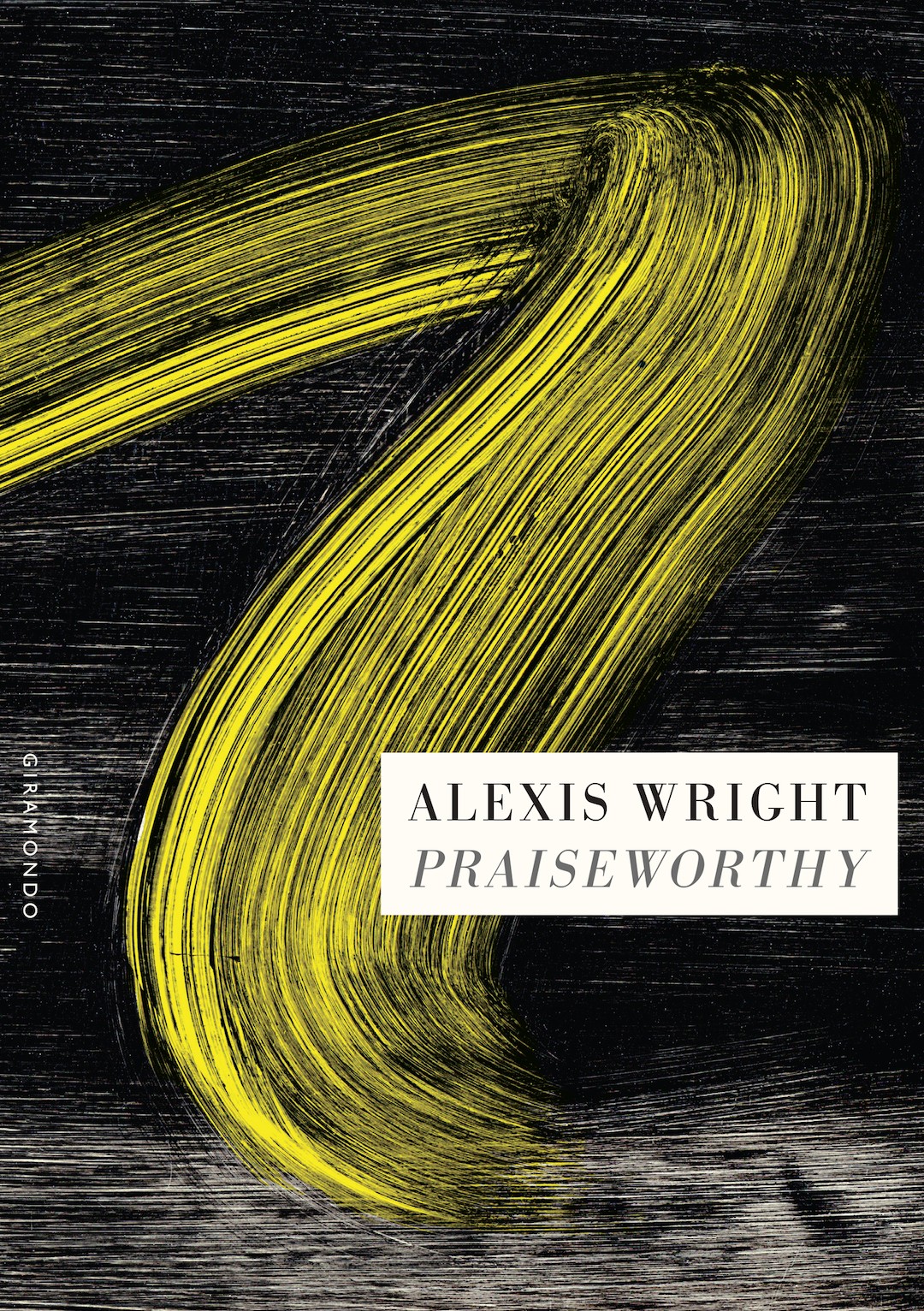
Praiseworthy by Alexis Wright (Giramondo Publishing) – 2023 Winner, The University of Queensland Fiction Book Award
Praiseworthy by Alexis Wright is a monumental and ambitious work in contemporary Australian literature. Innovative and genre-defiant, the rich poetic language and imagery provide a deeply emotional, transformative reading experience.
In a small town facing ecological disaster, a visionary obsessed with donkeys believes he can solve climate and economic crises. His wife seeks refuge in butterfly watching and researching her Aboriginal/Chinese family's repatriation to China. Their sons, one named Aboriginal Sovereignty and the other named Tommyhawk, dream of becoming white and powerful, further complicating the family's struggles.
Praiseworthy is an epic narrative that intertwines elements of satire, allegory, and myth to explore profound themes of Aboriginal sovereignty, environmental catastrophe, and societal crises. It stands as a testament to Wright’s unparalleled skill as a storyteller and her deep engagement with the urgent issues of our time.
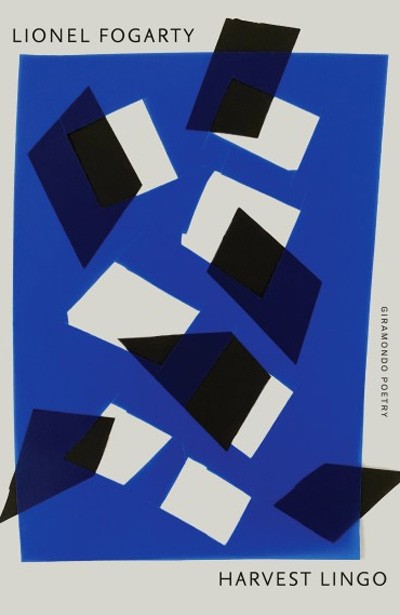
Harvest Lingo by Lionel Fogarty (Giramondo Publishing) – 2023 Winner, Judith Wright Calanthe Award for a Poetry Collection
Harvest Lingo is the fourteenth poetry collection by Lionel Fogarty, a Murri man with ties to the Yugambeh and Kudjela peoples. The book exemplifies Fogarty's renowned linguistic audacity and urgent voice in addressing Indigenous rights.
Central to the collection are poems that he wrote in India, drawing striking parallels between the social issues there – poverty, class division, and corruption – and those affecting Indigenous Australians. These empathetic poems, along with others that explore cultural encounters, historical and political themes, and tributes to significant First Nations people, showcase Fogarty’s bold and confronting style.
Fogarty’s verses are characterised by their strong rhythms and linguistic freedom, reflecting his dual roles as poet and activist. They vividly express the ‘harvest lingo’ – the dynamic and rich language of his experiences and observations – making Harvest Lingo a compelling and thought-provoking collection.
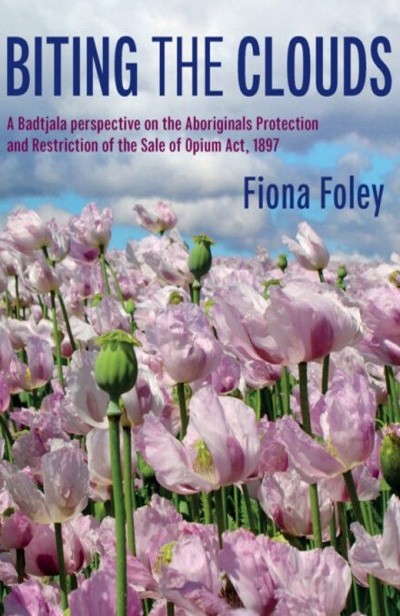
Biting the Clouds: A Badtjala perspective on the Aboriginals Protection and Restriction of the Sale of Opium Act, 1897 by Fiona Foley (University of Queensland Press) – 2021 Winner, Queensland Premier's Award for a Work of State Significance
Biting the Clouds, by acclaimed Indigenous visual artist Fiona Foley, is a compelling work that reclaims the history of the Badtjala people of K'gari (Fraser Island). Foley addresses the overlooked colonial-era practice of paying Indigenous workers in opium and their subsequent displacement. The book merges historical analysis with personal and cultural imagery, supported by full-colour images of Foley’s artwork. This groundbreaking Indigenous scholarship shines a critical light on past injustices and reclaims the narrative from colonial history.

Too Much Lip by Melissa Lucashenko (University of Queensland Press) – 2019 Winner, Queensland Premier's Award for a Work of State Significance
Melissa Lucashenko's Too Much Lip is a powerful portrayal of an Aboriginal family's struggles in the fictional town of Durrongo. This compelling narrative resonates with authenticity, set against a backdrop of intergenerational trauma and settler-colonial violence.
Through the Salter family, Lucashenko paints a vivid picture of everyday life in Durrongo. Each character is complex and flawed (fierce patriarchs, prodigal children) and all add depth to the narrative. Dark humour infuses Too Much Lip, providing a counterbalance to the novel's heavier themes. Lucashenko's writing is both gritty and poignant, capturing the resilience and humanity of her characters amid adversity.
In Too Much Lip, the reader will find a blistering, thought-provoking novel that challenges readers to confront Australia's colonial legacy while celebrating the resilience of First Nations peoples.
Comments
Your email address will not be published.
We welcome relevant, respectful comments.